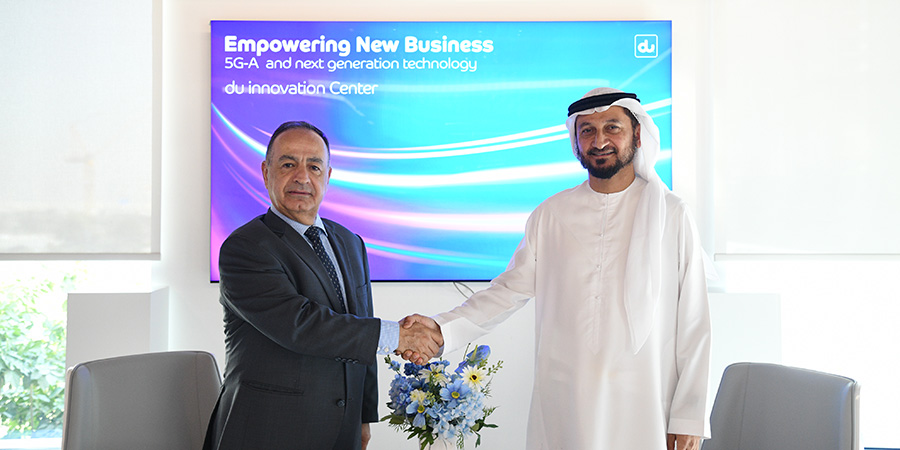As of 2024, 70% of the world's total population now uses a mobile phone. This widespread use of wireless technology has led to investigations into the safety of mobile phones, particularly concerns about their potential link to brain cancer.
Upon reviewing studies conducted from 1994 to 2022 across 10 countries, a World Health Organization (WHO)-supported study concluded that there is no evidence linking mobile phone use to a higher risk of brain cancer. The studies focused on radiofrequency (RF) waves emitted by mobile phones, and other smart devices like TVs, baby monitors, and radar systems.
Earlier research, such as the INTERPHONE study conducted by the International Agency for Research on Cancer (IARC), which spanned 13 countries and included over 5,000 participants, also found no connection between brain tumor risk and factors like call frequency, call duration, or long-term mobile phone use.
Similarly, findings from the UK's Cohort Study of Mobile Phone Use and Health (COSMOS), involving more than 250,000 users, echoed these results, showing no elevated risk of brain tumors for heavy mobile phone users.
In response, the American Cancer Society suggested options to reduce exposure to RF waves. These include speaker mode, video chat, or hands-free devices such as corded or cordless earpieces, and reduced mobile usage for children.
Moreover, while researchers are continuously monitoring the possible long-term effects of newer technologies like 4G and 5G, current studies indicate that these frequencies do not cause cancer.
In short, it is evident that using mobile phones will not cause brain cancer.










































